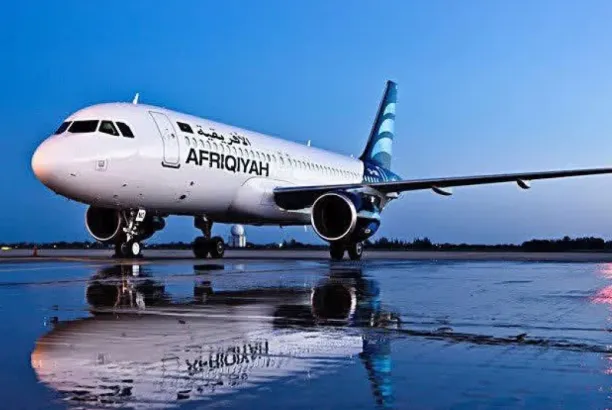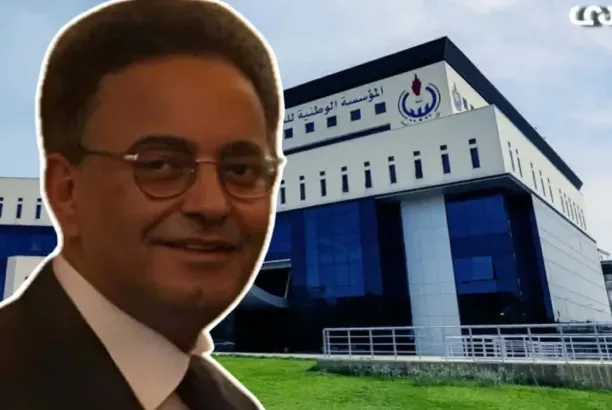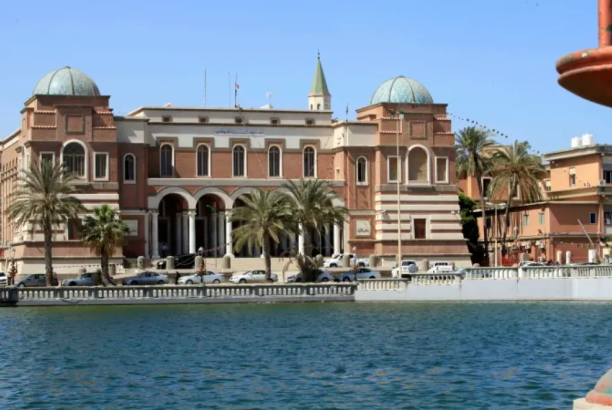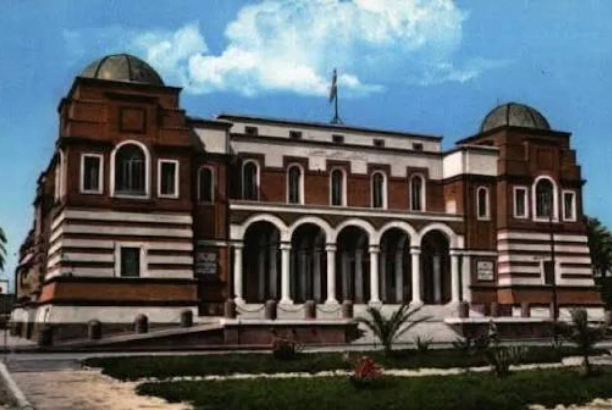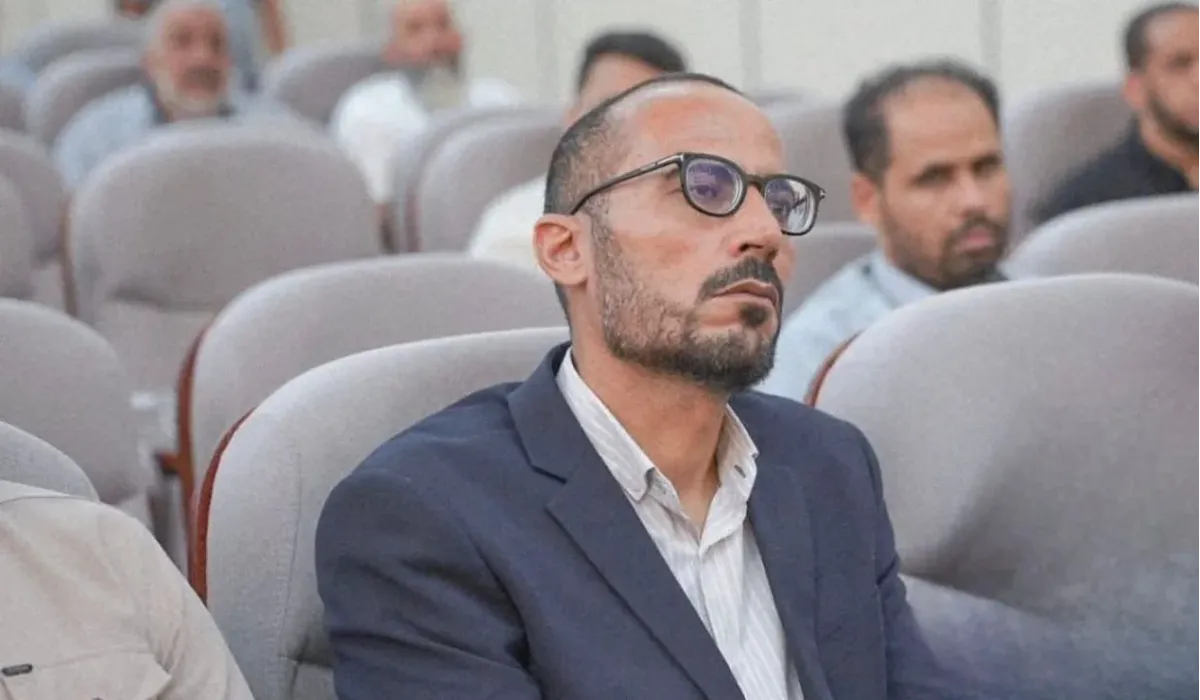
| News
Exclusive… With Details… Al-Badiwi: The Goals of the Fisheries Project Include Diversifying Income Sources and Increasing Local Revenues
Fathi Al-Badiwi, the general supervisor of the pilot fish preservation laboratory project in Zliten Municipality, told our source that this institution is the result of the REBUILD project, supported by the European Union and involving 10 municipalities in local development. However, in the fisheries sector, participation was limited to five municipalities: Tobruk, Benghazi, Sirte, Zliten, and Tripoli.
Al-Badiwi explained that the initial phase of the project began in 2017, when several mayors, in partnership with their counterparts from European regions, proposed an initiative to benefit from European technical expertise in developing and stimulating fisheries, monitoring fish stocks, and maintaining internationally accepted standards for fish preservation and cleaning.
He added that after numerous field visits to the five participating municipalities by specialists from the Italian National Institute of Oceanography and Applied Geophysics (OGS) and experts from the Friuli Venezia Giulia region in Italy—under the supervision of the Ministry of Local Governance and the Ministry of Marine Wealth to define European and international standards—it was decided to establish the initial model in Zliten Municipality. After the success of this pilot, the project will expand to the other four municipalities and eventually across Libya.
He noted that the fisheries project has several overarching goals: improving fishermen’s skills and fishing methods, preventing overfishing and the use of explosives, and applying scientific preservation methods from the moment of catch until the fish reach the laboratory. In the lab, procedures ensure the fish remain fresh for safe local consumption. The long-term goal is to meet international and European standards, allowing Libyan fish products to enter European markets. This will achieve further economic objectives, including increasing income, creating jobs in the fisheries sector, diversifying income sources, boosting local revenues, and conserving fish wealth by raising public awareness and applying proper scientific fishing practices.
Al-Badiwi concluded by saying that work will begin at the pilot laboratory, with fish sold locally according to both national and international standards. He expressed hope for the project’s success and its expansion to partner municipalities and eventually across Libya. He also thanked Zliten Municipality for providing the facilities and an ideal environment for the laboratory, with contributions from the Friuli Venezia Giulia region and their belief in the ambitious project.


